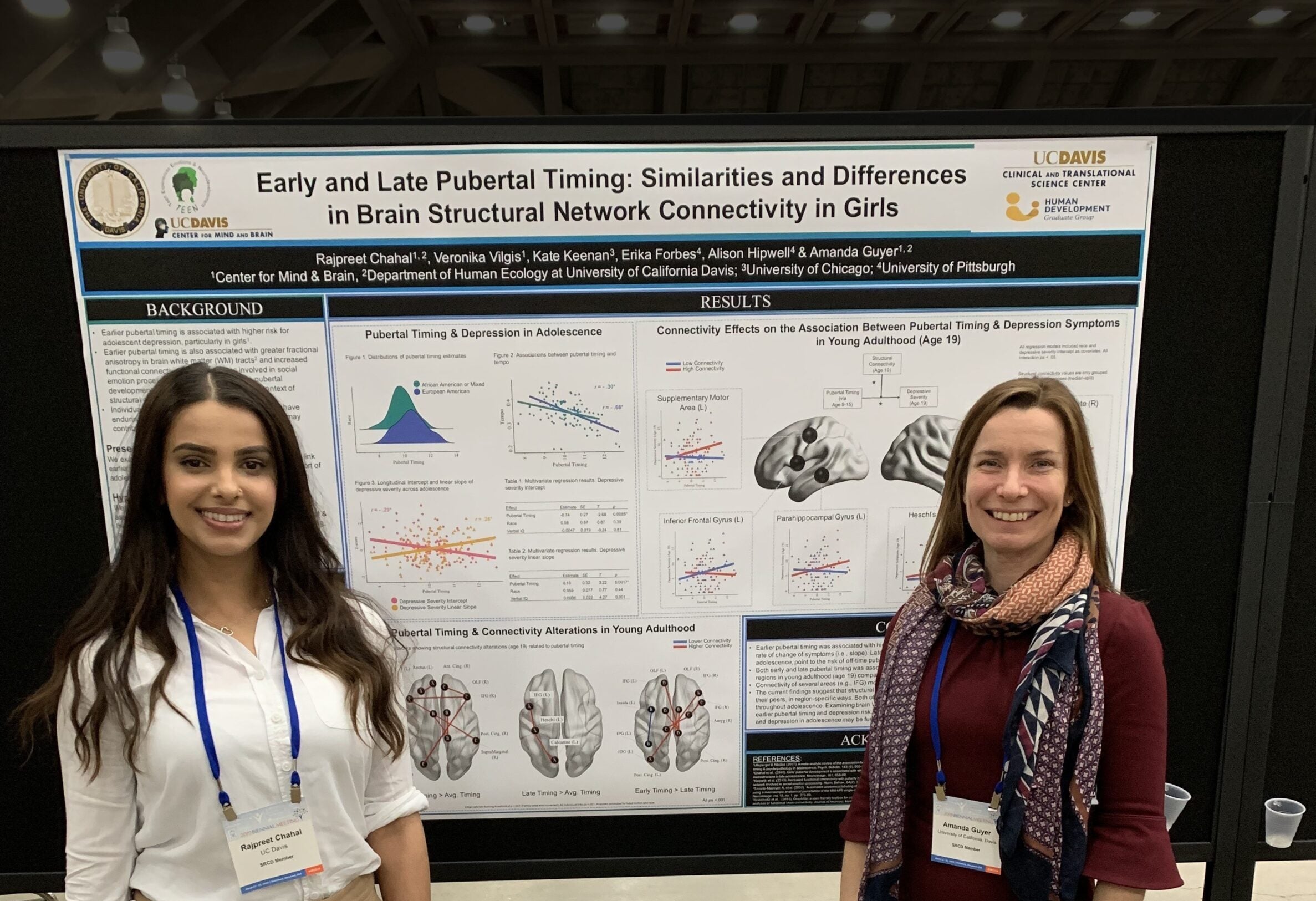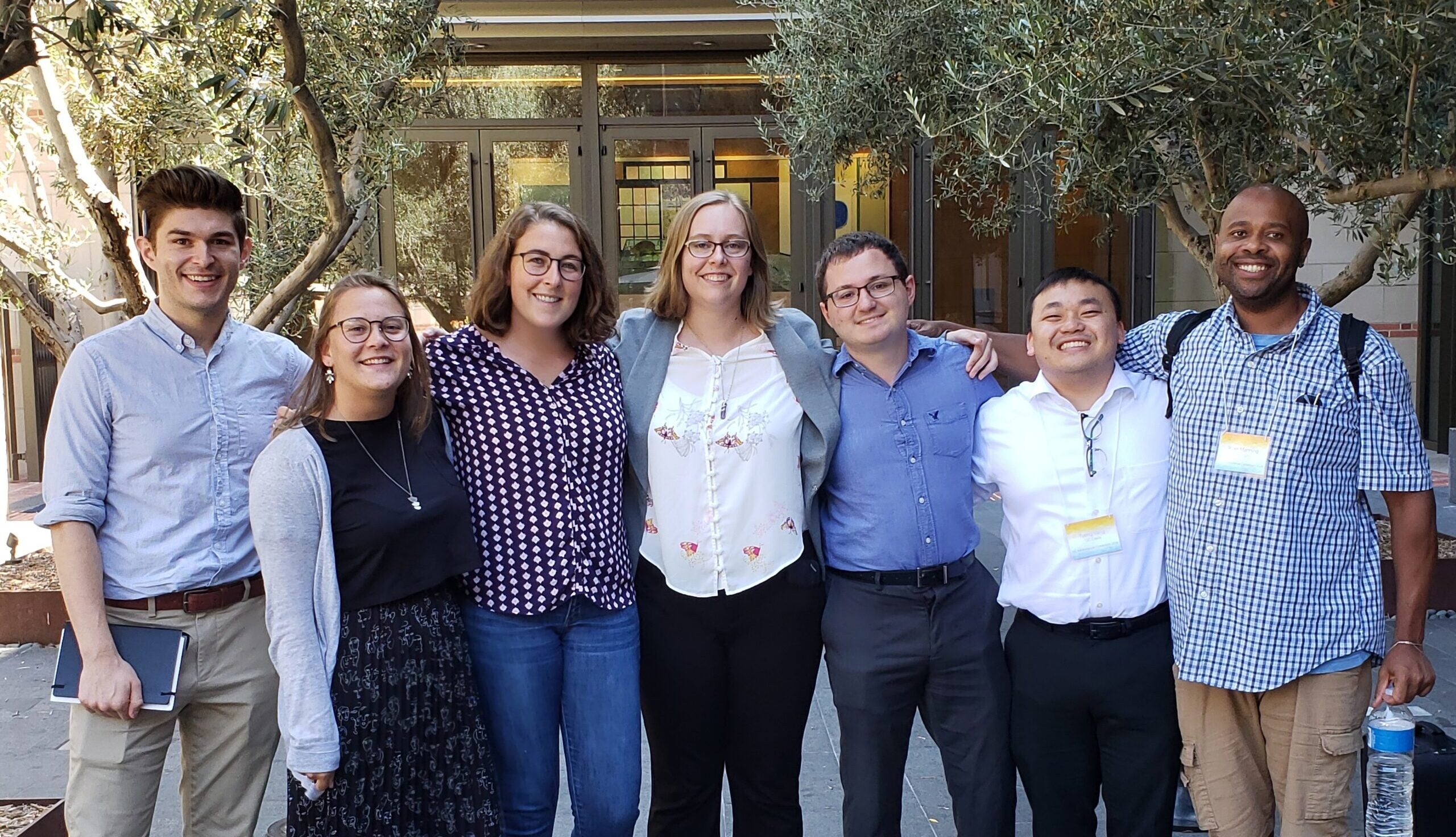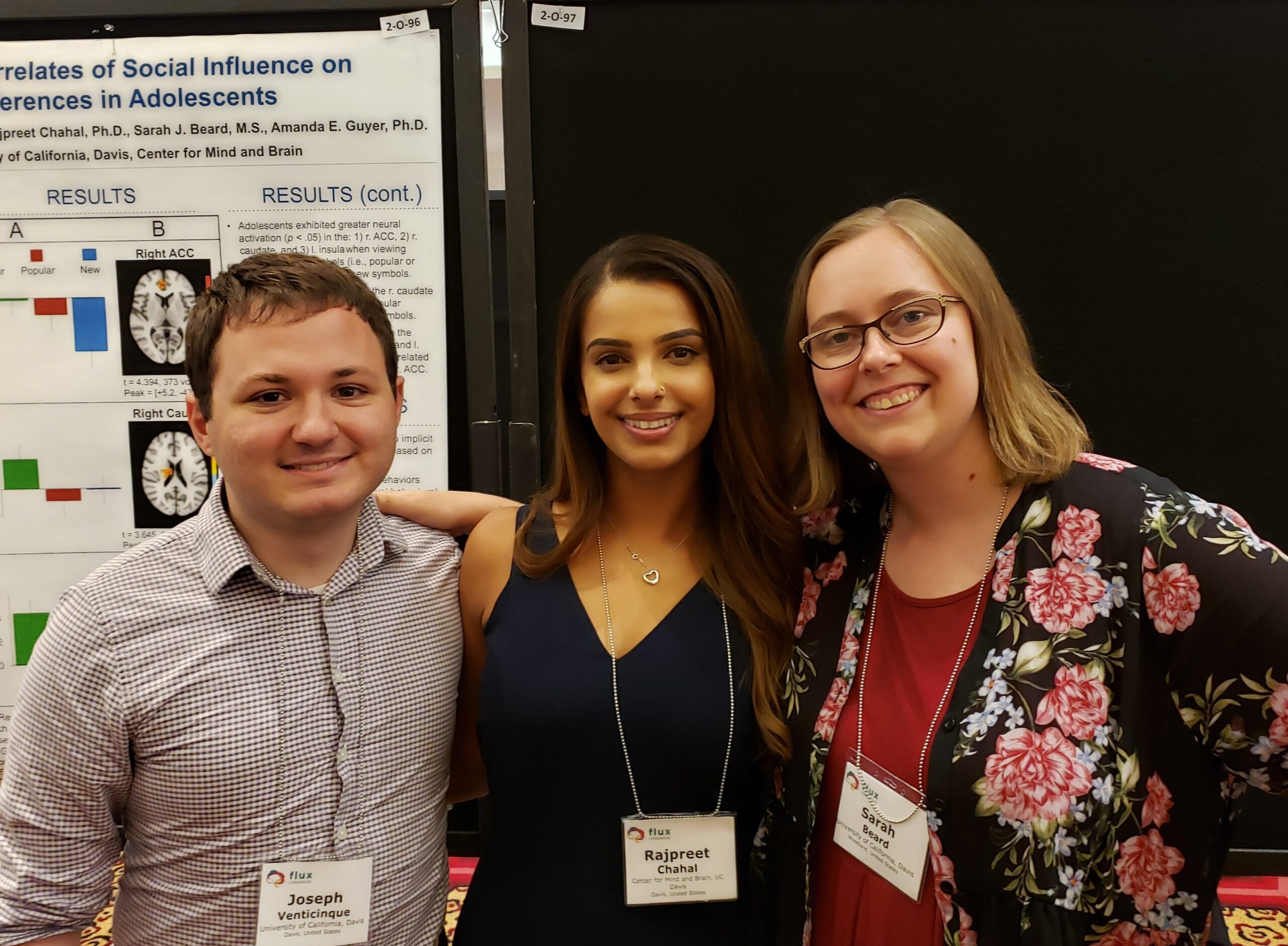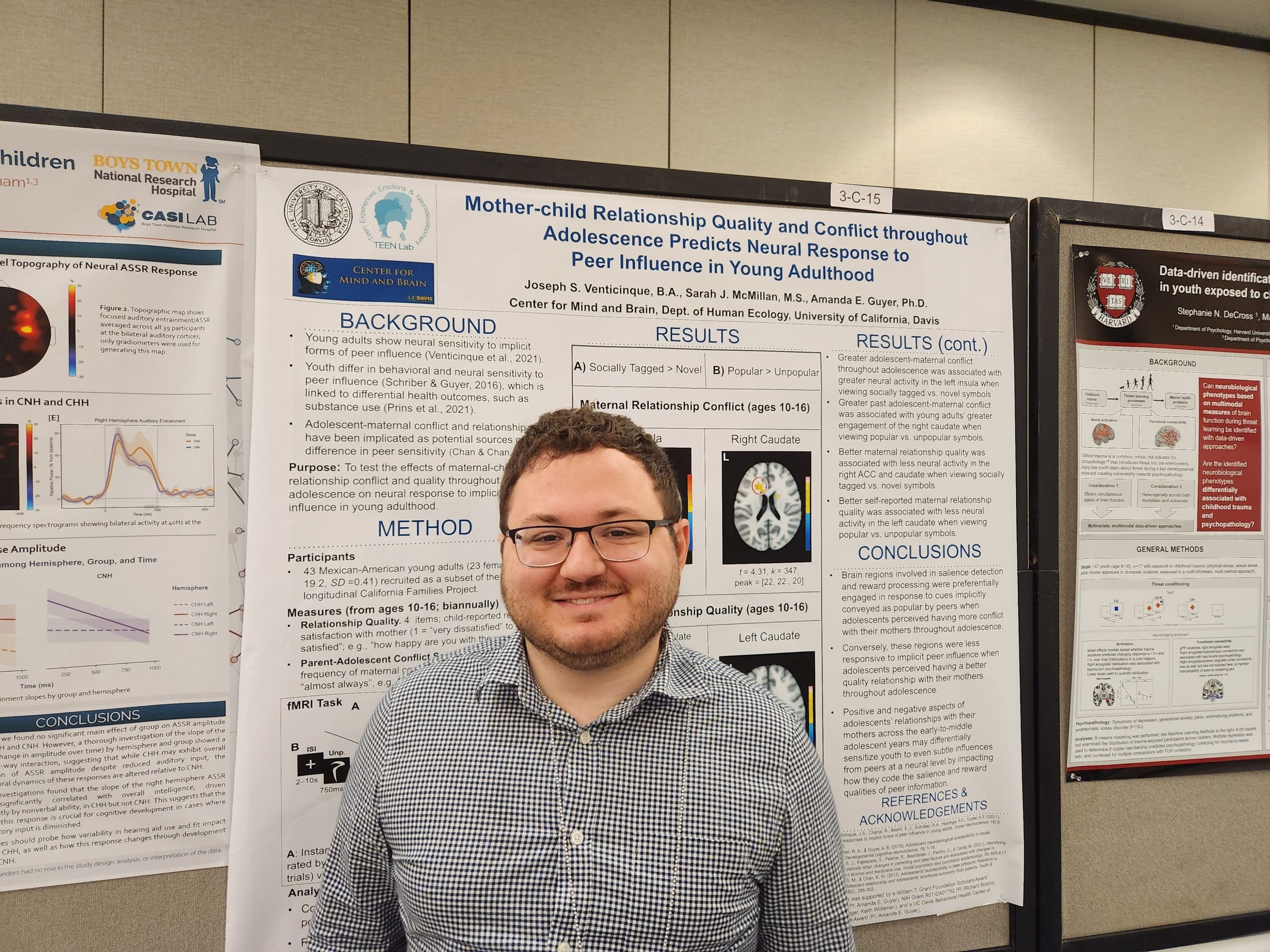Mitchell J Prinstein, Charissa SL Cheah, and Amanda E Guyer (2005). J Clin Child Adolesc Psychol, 34(1):11-24.
This study examined hostile intent and causal, critical self-referent attributions for ambiguous peer cues to examine the hypothesis that these latter interpretations would be uniquely associated with symptoms of depression, social anxiety, and loneliness. Critical self-referent attributions were assessed in 116 kindergarteners (Study 1) and 159 adolescents (Study 2) using a hypothetical vignette procedure, replicating past work on social information processing. In both samples, critical self-referent attributions were concurrently associated with depressive symptoms as reported by teacher (Study 1), peer, and self-report(Study 2). Critical self-referent attributions also were concurrently associated with loneliness and with actual peer experiences, including peer rejection in both studies. Results from both studies support a cognitive vulnerability-stress model, suggesting that the tendency to derive critical self-referent attributions from ambiguous peer experiences is most closely associated with depressive symptoms when accompanied by high levels of peer victimization. Longitudinal findings (Study 2) offers preliminary evidence for this cognitive vulnerability-stress model as a predictor of adolescents’ depressive symptoms over a 17-month interval.




